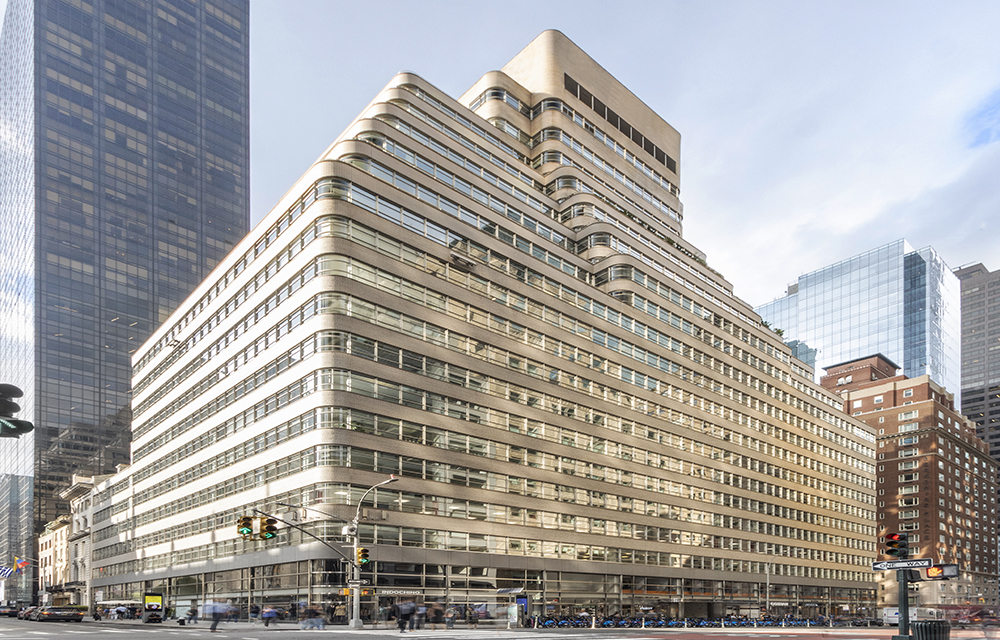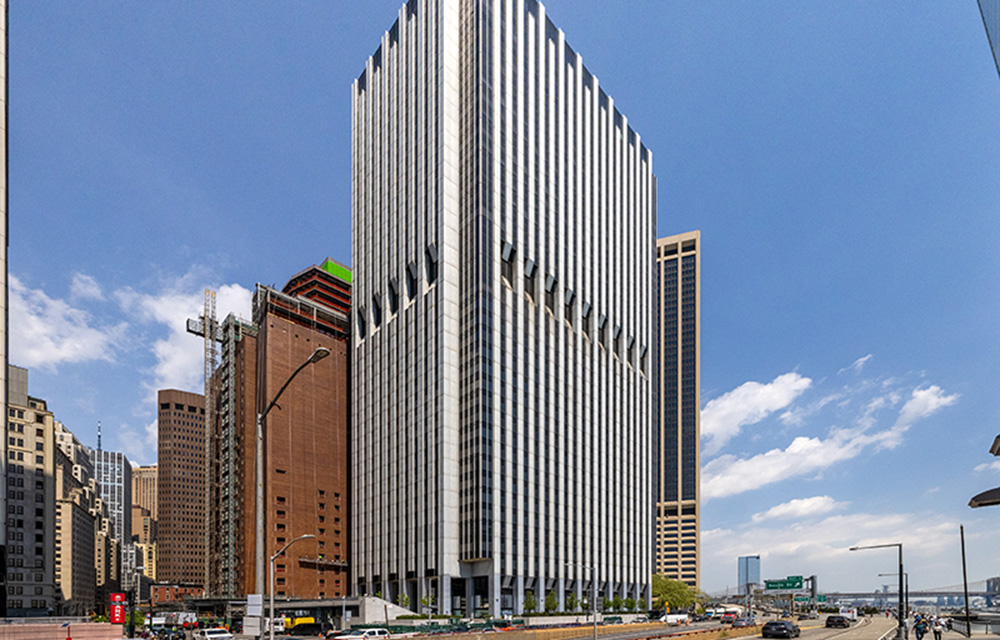News:
Brokerage
Posted: January 30, 2012
Stop illegal alterations created by tenants
Rent regulated tenants are generally not permitted to undertake alterations to their apartments without the express written consent of the landlord. Most tenants have leases which prohibit such alterations.
However, under provisions of the Real Property Actions and Proceedings Law, if a tenant has been found, after trial, to have breached the lease, the court is required to grant a 10 day period for the tenant to cure the violation.
When tenants make alterations, some courts have found such alterations to be de minimis and do not require the tenant to cure. Other courts have found that since the tenant has started to cure within the 10 days and is making diligent efforts to continue the cure, the tenant's time to cure will be extended.
The Appellate Division, with jurisdiction over properties in Manhattan and the Bronx, has recently clarified these issues and ruled favorably to owners. In 259 West 12th LLC v. Grossberg, a tenant demolished and replaced the bathroom walls without conducting an asbestos test before removing the walls. In addition, the tenant failed to ensure that the new sheetrock that the tenant installed had the proper fire rating. The tenant also failed to secure the necessary permits from the Department of Buildings and subjected the landlord to numerous building code violations and fines.
The Civil Court found that the tenant had substantially violated the lease, but granted the tenant an opportunity to cure and extended her time to cure beyond the 10 days. The Appellate Term modified that judgment by eliminating the right to cure and this decision was affirmed by the Appellate Division.
The court held that the demolition of the existing bathroom was not capable of meaningful cure, since it caused lasting or permanent injury to the premises. The Appellate Division also held that the 10-day cure period was designed to cover breaches temporary in nature and correctable within the 10-day period. The court held that "because the tenant in this case caused a lasting or permanent injury to the apartment, she was not entitled to any stay for the purpose of correcting an uncorrectable breach." As a result, the landlord was entitled to evict the tenant.
Based upon this ruling of the Appellate Division, if a tenant does substantial alterations without the owner's permission, and such alterations are not de minimis (such as putting in new kitchen cabinets, which generally does not cause any lasting or permanent harm to the apartment and can be readily removed), then the owner should consider commencing a "breach of lease" holdover proceeding. In order to determine your rights and likelihood of success, experienced counsel in this area should be consulted before commencing such proceedings.
About Belkin, Burden, Wenig & Goldman LLP
Belkin Burden Wenig & Goldman, LLP (BBWG) is a full-service firm providing legal services relating to all areas of real estate law including landlord tenant disputes, mortgage foreclosures, leases, co-op and condo disputes, real estate transactions and financing, land use and zoning, real estate administrative proceedings and bankruptcy and creditors' rights. BBWG serves clients in New York and Connecticut, including New York City, Long Island, Stamford, Westport, Milford, Greenwich, Hartford, Bridgeport, Orange County, New York County, Kings County, Nassau County, and Suffolk County. For more information on BBWG, visit their website at www.bbwg.com.
Joseph Burden is a partner in the Litigation Department at Belkin, Burden, Wenig & Goldman LLP, New York, N.Y.
Tags:
Brokerage
MORE FROM Brokerage
Meridian Capital Group arranges 10-year retail lease for Mess at 236 West 10th St.
Manhattan, NY According to Meridian Capital Group, Jordan Langer, Noam Aziz and Carson Shahrabani of the firm’s retail leasing team have arranged a five-year lease at 236 West 10th St. in Greenwich Village

Columns and Thought Leadership

Behind the post: Why reels, stories, and shorts work for CRE (and how to use them) - by Kimberly Zar Bloorian
Let’s be real: if you’re still only posting photos of properties, you’re missing out. Reels, Stories, and Shorts are where attention lives, and in commercial real estate, attention is currency.

AI comes to public relations, but be cautious, experts say - by Harry Zlokower
Last month Bisnow scheduled the New York AI & Technology cocktail event on commercial real estate, moderated by Tal Kerret, president, Silverstein Properties, and including tech officers from Rudin Management, Silverstein Properties, structural engineering company Thornton Tomasetti and the founder of Overlay Capital Build,

Strategic pause - by Shallini Mehra and Chirag Doshi
Many investors are in a period of strategic pause as New York City’s mayoral race approaches. A major inflection point came with the Democratic primary victory of Zohran Mamdani, a staunch tenant advocate, with a progressive housing platform which supports rent freezes for rent

Lasting effects of eminent domain on commercial development - by Sebastian Jablonski
The state has the authority to seize all or part of privately owned commercial real estate for public use by the power of eminent domain. Although the state is constitutionally required to provide just compensation to the property owner, it frequently fails to account








.jpg)

.gif)